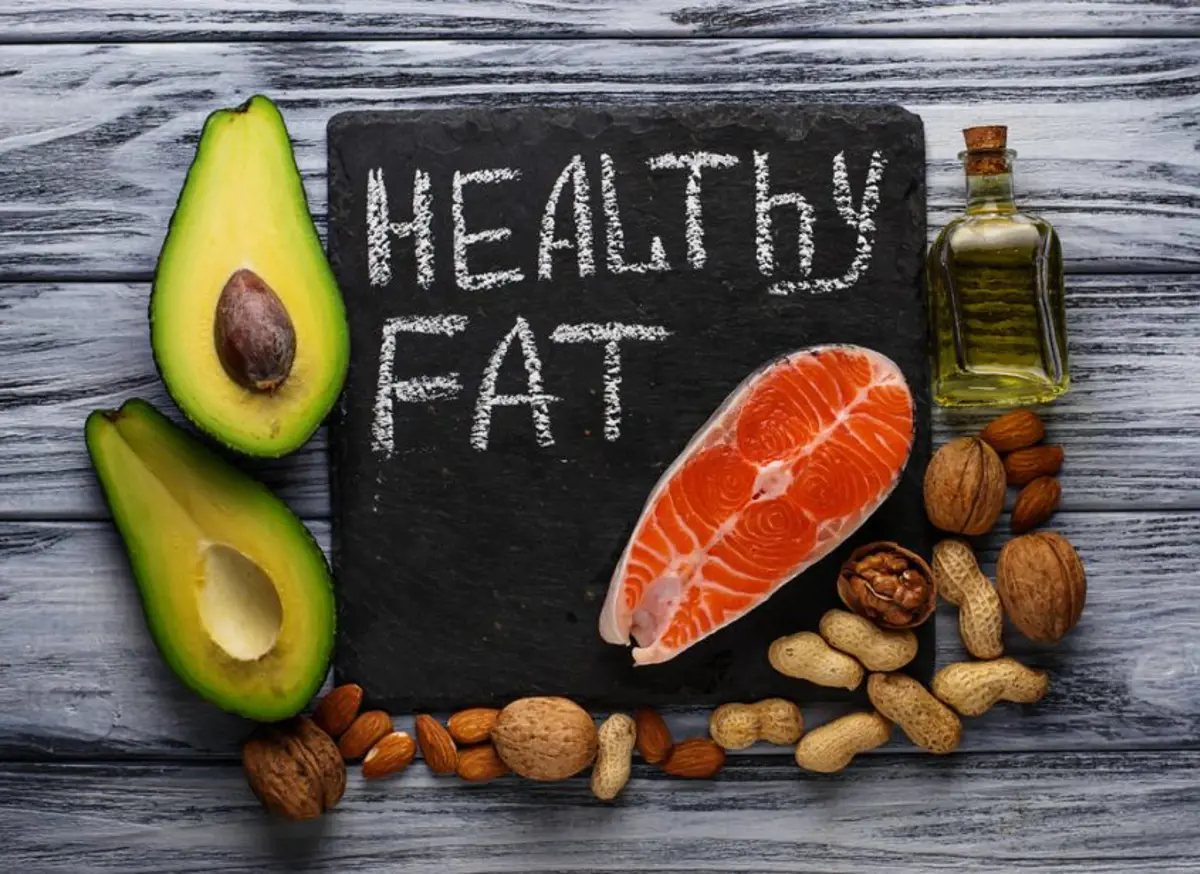
The Connection Between Food Choices and Emotional Health
Published by Respondr 3 min readNourishing Your Way to Wellness: The Connection Between Food Choices and Emotional Health
The relationship between food and mood is a complex one. Many of us have experienced the soothing comfort of a bowl of ice cream after a challenging day or the uplifting joy of savoring a piece of dark chocolate. However, it's essential to understand that the food we choose to eat has a profound impact not only on our physical health but also on our emotional well-being. For first responders, who often face intense stress and emotional challenges, recognizing this connection is vital. This article delves into the world of comfort food and its influence on our mood, particularly focusing on the role of fats in the food-mood connection.
Comfort Food and Emotional Health
Comfort foods are those familiar, often indulgent dishes that provide a sense of emotional well-being and security. They are the go-to choices when we need a little pick-me-up or a moment of solace. However, many of these foods are high in fats, particularly the types that may not be the best for our overall health.

Types of Fats and Their Impact
The fats we choose to eat play a critical role in the food-mood connection. While fats are essential for the body's proper functioning, not all fats are created equal. Understanding the distinction between various fats can empower first responders to make more conscious food choices and enhance their emotional well-being.
- Saturated Fats: These fats are commonly found in red meat, processed foods, and full-fat dairy products. Diets high in saturated fats have been linked to an increased risk of depression and anxiety. Consuming these fats in large quantities can lead to a sense of lethargy and heaviness, which negatively impacts emotional health.
- Trans Fats: Trans fats are often artificially created and commonly found in fast food, fried snacks and processed baked goods. These fats have been associated with inflammation in the body, leading to heightened feelings of stress and irritability.
- Unsaturated Fats: Unsaturated fats, found in foods like avocados, nuts, seeds, and fatty fish, can have a positive impact on emotional well-being. Omega-3 fatty acids, a type of unsaturated fat, have been shown to support brain health and alleviate symptoms of anxiety and depression.
Balancing Fats for Emotional Wellness
To maintain a healthy emotional state, it's essential to strike a balance between different types of fats in your diet. Here are some practical steps that first responders can take to achieve this balance:
- Limit Saturated and Trans Fats: Be mindful of your consumption of foods high in saturated and trans fats. Opt for lean protein sources, reduce fried and fast food intake, and choose lower-fat dairy products.
- Incorporate Healthy Fats: Prioritize foods rich in unsaturated fats, such as avocados, olive oil, nuts and fatty fish. These foods provide essential nutrients that support emotional health and overall well-being.
- Moderation and Variety: The key to a balanced diet is moderation and variety. Enjoy your favorite comfort foods in moderation, and diversify your food choices to ensure you're getting a wide range of nutrients.
- Stay Hydrated: Dehydration can negatively affect your mood and cognition. Make sure you're drinking enough water throughout the day to stay hydrated.
- Seek Professional Guidance: For personalized dietary advice that addresses your emotional health, consider consulting with a registered dietitian or nutritionist. They can provide tailored strategies to support your unique needs.
As first responders, the demands of your job can be emotionally taxing. Recognizing the role of food in your emotional well-being is a significant step towards better managing stress and promoting mental health. By making thoughtful choices about the types of fats you consume and balancing your diet with healthier options, you can nourish your body and mind, ultimately leading to a more balanced and fulfilling emotional life. Your well-being matters and your food choices play an essential role in supporting it.